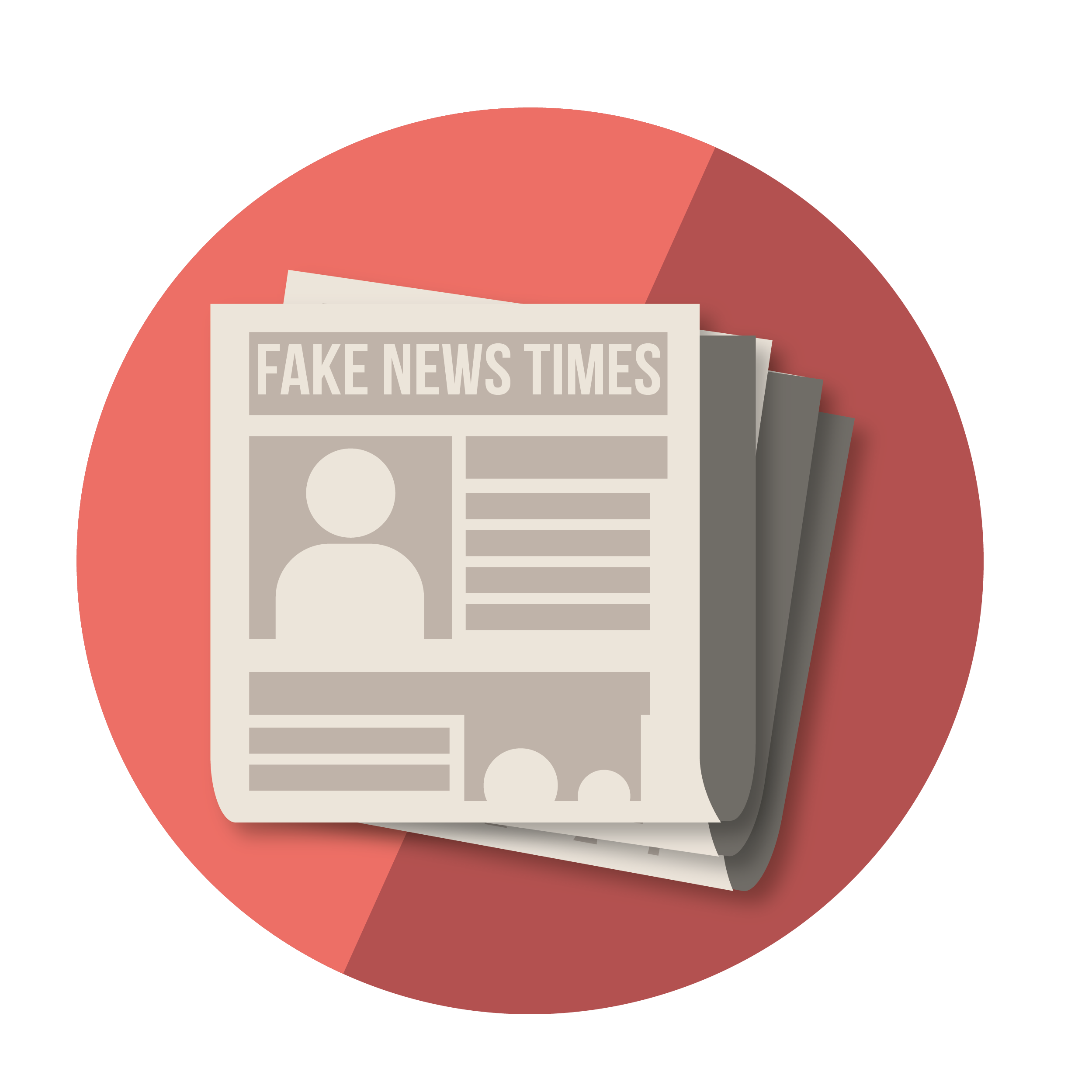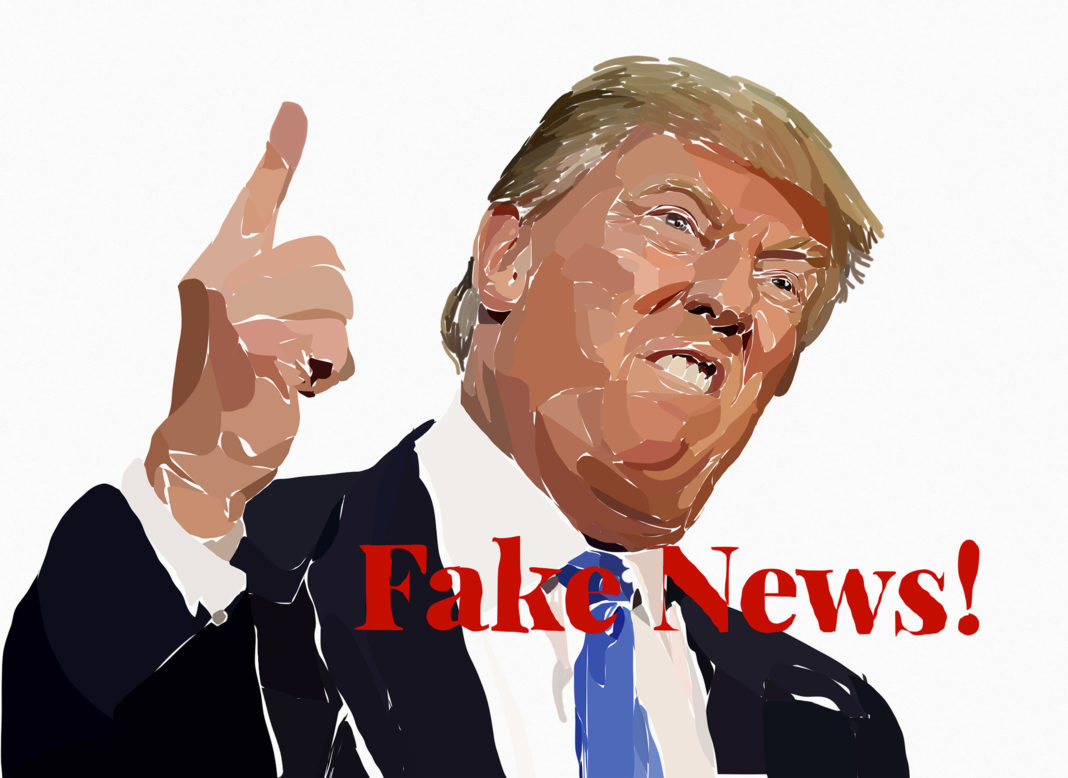Do we read newspapers? Do we really pick one up and peruse over its pages in wonderment?
Some of us do, of course the Imprint staff has to. But, I ask you, dear reader, is reading a newspaper one of your passions?
If it is, is it for little crosswords on the back or is it for actual news?
Mobile phones, our personal nuggets of distraction, have become a primary influence in spreading news. Facebook, Twitter, and little news videos on Instagram are all the rage, and they are cost-effective means of getting the word out to the largest audience. My rage, however, stems from the lack of accountability that arises from the abundance of these articles with flimsy credibility post online. There are a lot of people anonymously posting videos and spreading news. There is often no one to take responsibility for biased news, yet they spread like wildfire. It is a widespread issue and it’s getting nearing impossible to control.
Now, I am not against digital platforms for reading. It is the information age, let’s embrace it. But, who is going to be accountable for misleading information? There is no system in place for checking the truthfulness of a piece of writing, nor is this a Black Mirror episode where the perpetrators of fake news will be “dealt with.” The lack of credibility of sources is troubling.
The reality is that fake news attracts a lot of eyeballs. And with eyeballs you drag in bucket-loads of advertisers too. Fake news is being used as fodder, but this is inherently unethical. It is practically equivalent to being lied to or scammed. Fake news has become a serious issue, and unfortunately it isn’t being treated like one.
On Dec. 4, 2016, a shooting incident occurred at a pizza shop in Washington, DC. A man brought in his rifle, believing the shop to be the centre of a pedophilia sex ring that was frequently visited by Democratic presidential candidate, Hillary Clinton. The entire premise, sadly, was falsified; “pizza-gate” was all because of some fake tweets circulating the web. A shooting because of some hashtags is just too much to digest.

The most heartbreaking part about it all is that sometimes legitimate media outlets print such news, believing it to be credible. They may even give credit to fake sources. That is the last straw. Where are the ethics? Is it much easier to print a celebrity death hoax to grab eyeballs than print real, meaningful news? Maybe print art by local artists, or print op-ed pieces. Just don’t stoop to the level of publishing lies for the sake of views.
A lot of people fall for such fake news. It is up to us to not fall for such scams. If you see any news online that you believe to be not true, there are chances that it isn’t. You could do your own little research on such news. You could also educate your peers about such shams.
All I am saying is, be a smart consumer. Know when to reject the pile of garbage when it comes your way. Fake news isn’t going to stop spreading. It’s your responsibility to not spread it or sensationalize it. Don’t let people make money of your ignorance. Call bullshit when you see it. It is high time we take control of this situation until a system is put in place.
Nikhar Dhingra
2B Management Engineering
Graphic above by Emily Jiang
































